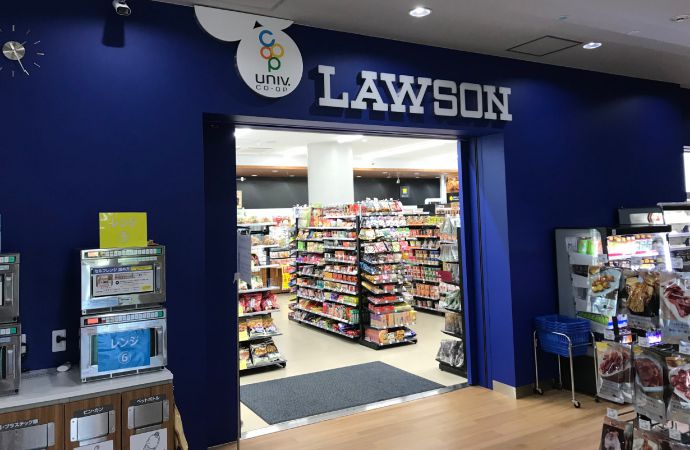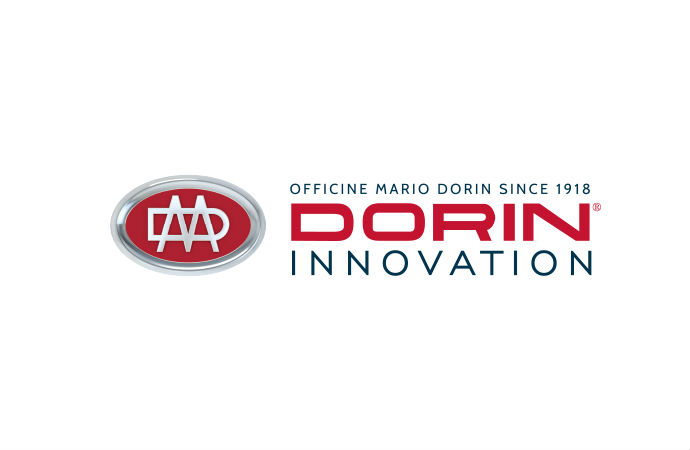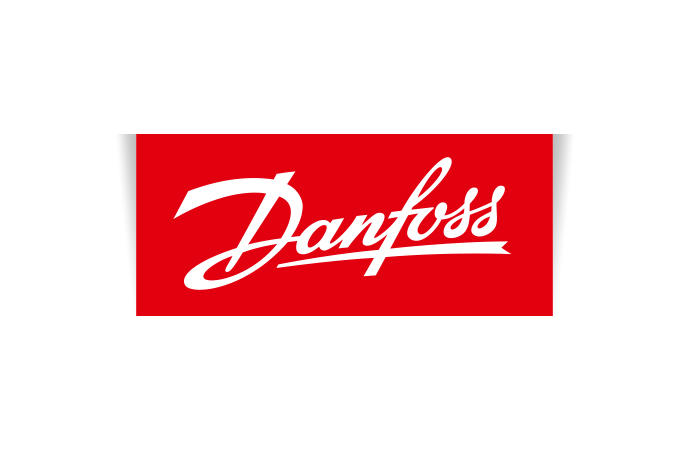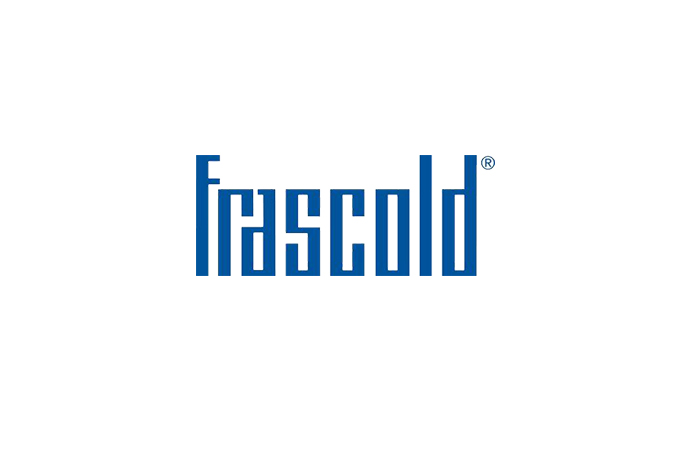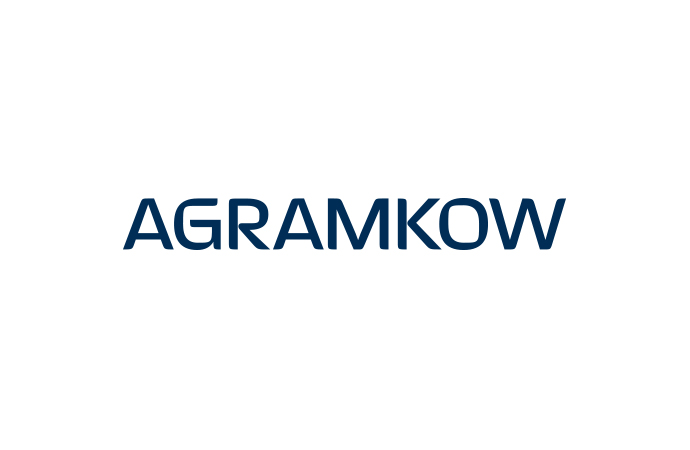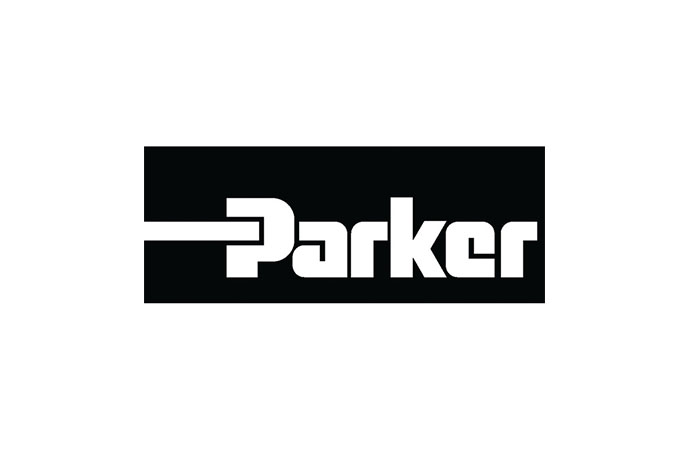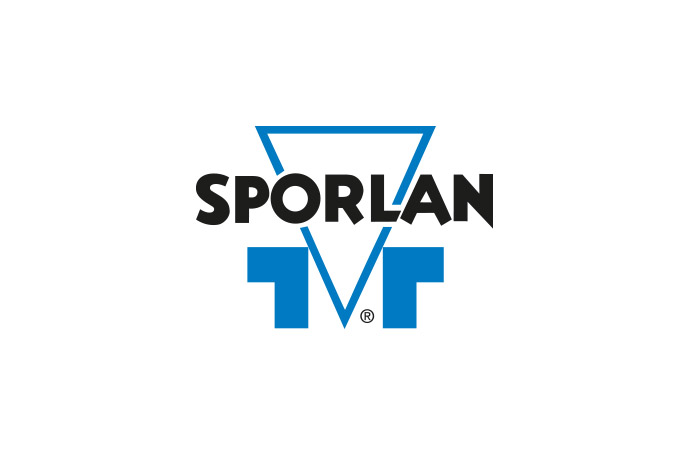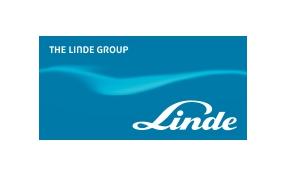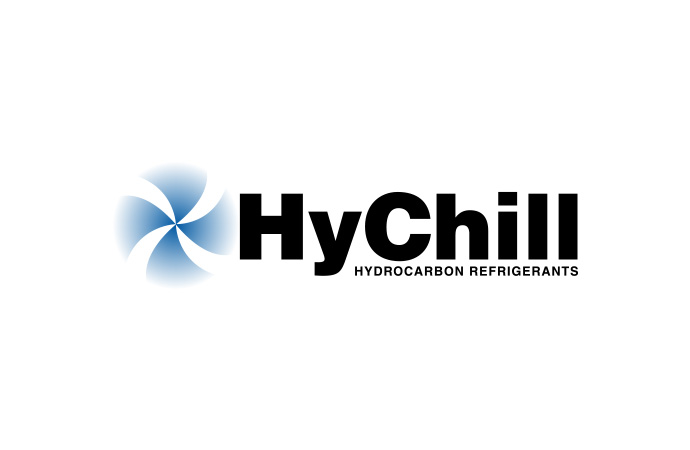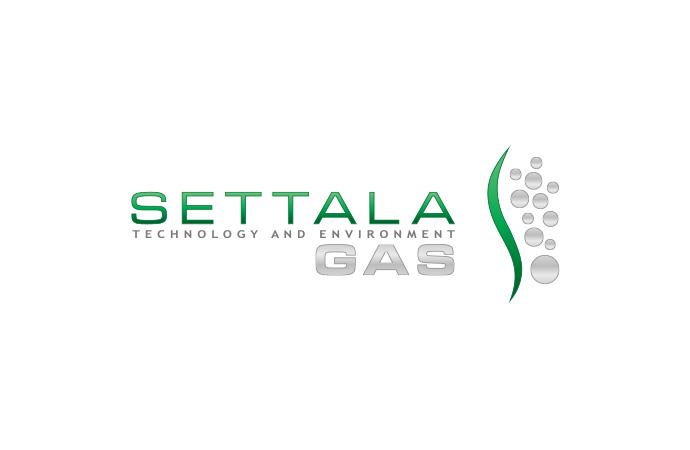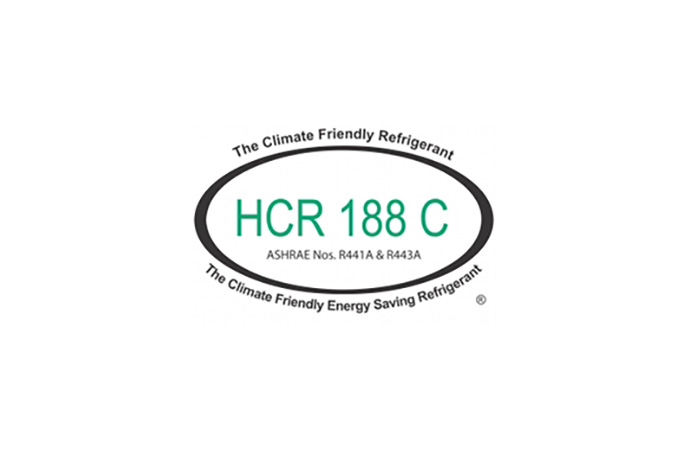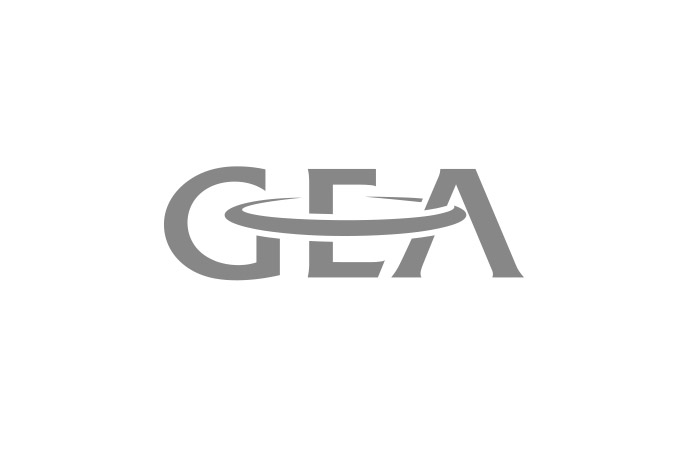A Coronial Inquest into the world’s most severe incident involving hydrocarbon refrigerants in New Zealand has been held recently. A key focus of the inquest has been on measures that are required from Government and industry to improve industry education and training, and compliance with existing regulations and standards.

In April 2008, alarms at the Icepak cold store had been triggered by the leakage of some of 400 kg of HyChill hydrocarbon refrigerant that was used in a direct exchange cooling system.
Last week a 3 day Coronial Inquest has finally been held before Coroner Peter Ryan at the High Court in Hamilton, to hear from a range of witnesses to determine the causes of the fire, and to enable the Coroner to make recommendations aimed at ensuring that no similar incident occurs ever again. The scope of the Inquest was not on laying blame or attributing liability, but is taking a forward-looking approach to ensuring a lasting legacy.
Key Lessons
To ensure that public health and safety are protected as the industry moves to more climate-friendly cooling solutions, lengthy discussion centred around the adequacy of the existing regulatory regime and education and training opportunities. Of central concern to a number of witnesses was the:
- lack of licensing of the refrigeration and air conditioning industry trade at all levels in New Zealand;
- voluntary nature of membership of professional associations, and the difficulty of reaching a large proportion of the industry via industry meetings, conferences and publications;
- optional engagement in further education to up-skill in an industry of rapidly increasing complexity;
- lack of opportunities to study refrigeration system design at a tertiary level; and,
- lack of enforcement to ensure compliance with existing regulations and standards.
Focus to be put on education, training and standardisation
The need for substantial improvements in education, training and regulatory compliance was considered at length at the Inquest, with the Coroner seeking further representations from interested parties on which to form recommendations to address these obstacles.
Expert witness Mr Brian Jackson, a senior refrigeration engineer and representative of IRHACE, the Institute of Refrigeration Heating and Air Conditioning Engineers, gave extensive testimony on the need for compulsory licensing and inspection of the industry to ensure compliance with standards and regulations and avoid further tragic incidents.
Mr Jackson said there was a big gap in the industry that allowed any refrigeration engineer to design, maintain and install a plant using a flammable hydrocarbon, which was not good enough.
“Moving forward?”
Although a Labour Department inspector earlier told the inquest he was keen to keep the industry non-regulated, Mr Jackson said there needed to be mandatory change, which had to come from a governmental level.
It would appear to be most appropriate if Government could respond to the longstanding calls from the New Zealand industry to provide for compulsory registration and licensing of the RAC trades.
Despite the Tamahere fire, the cold storage industry remains the largest user of hydrocarbon refrigerants in the New Zealand refrigeration and air conditioning industry. Use in other suitable applications such as on-farm milk vats, transport refrigeration, car air conditioning and small split systems, is still small. However with the impending imposition of carbon pricing on HFCs in January 2012, use of hydrocarbons is expected to grow.
MORE INFORMATION
Related stories


